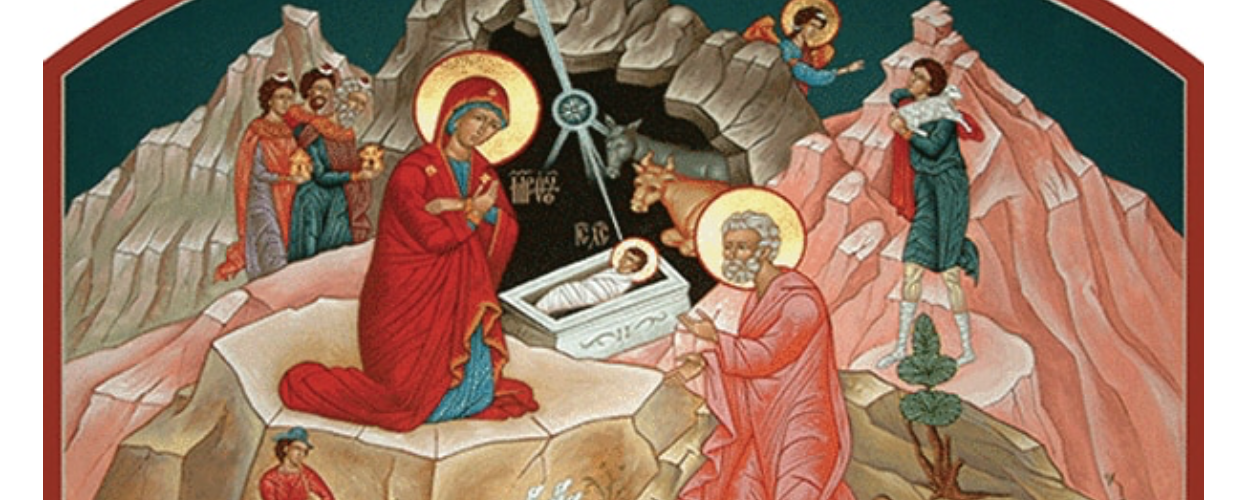
THE QUESTION:
Should Bibles speak of a “virgin” birth in Isaiah 7:14?
THE RELIGION GUY’S ANSWER:
No less than 38 U.S. orchestras featured Handel’s “Messiah” in annual Christmas concerts during the 2015-16 season, making it “the runaway most-performed work,” according to a Baltimore Symphony survey. The beloved 1741 oratorio about Jesus Christ is also perhaps the most-performed piece across all of musical history — if we exclude “Happy Birthday to You.”
In this COVID Christmas, audiences must make do without live performances, but they may recall Handel’s setting for one of the Bible’s most-debated verses: “Behold, a virgin shall conceive and bear a son,” from Isaiah 7:14. This Old Testament verse is quoted in the New Testament’s Matthew 1:23 as foretelling Jesus’s birth to the Virgin Mary.
In Isaiah’s account, the Southern Kingdom of Judah based in Jerusalem faced military peril from an alliance the rival Northern Kingdom of Israel forged with Syria. Through the prophet Isaiah, God reassured Judah’s faithless King Ahaz that the kingdom of David would survive, giving the “sign” that the woman’s newborn son would be named Immanuel, meaning “God is with us.”
Verse 16 then proclaims that before this boy would be old enough to tell right from wrong, Judah’s enemies would fall. That indicates the prophecy applied literally or symbolically to a birth in Isaiah’s own time, possibly the prophet’s own son although Scripture never specifies who it was. In Christians’ “double meaning” interpretation, this prophecy applied both to Isaiah’s day and the coming of Jesus Christ seven centuries later.
(In addition to Matthew, the separate New Testament tradition in Luke 1:26-35 also reports that Jesus was born of a virgin, without quoting Isaiah.)
However, is “virgin” the right translation of the Hebrew word almah in Isaiah 7:14? On BibleGateway.com, which provides searchable texts of numerous English translations, 38 say “virgin” while 16 instead render the word as “young woman.”

This verse caused a ruckus when “young woman” supplanted the familiar “virgin” from the King James Version when the Revised Standard Version appeared in 1946. Conservatives charged that translators undercut Matthew’s teaching of Jesus’s virgin birth (technically, virginal conception). After all, liberal Protestant theologians had long treated the miraculous virgin birth as a non-essential belief, a myth, or a mistake. Restoration of “virgin” in Isaiah became a motivation behind evangelical translations such as the New International Version and English Standard Version.
The Jewish Publication Society’s 1917 translation followed the King James and used “virgin,” but JPS’s more recent version has “young woman.” The Jewish Study Biblecomments that Isaiah 7:14, “which plays a significant role in Christianity is of no special importance in Jewish tradition.” This work adds that Isaiah is unclear on whether the “sign” to Ahaz was the women’s pregnancy, the son’s birth, or his name of Immanuel.
Jewish writers say if Isaiah wanted to specify “virgin” he’d have written betulah, the Hebrew word with that precise meaning. However, two centuries before Christ, Jews who translated the Hebrew into Greek chose parthenos, a word that specifies “virgin,” and this was the text the New Testament authors followed. Almah means a young maiden beyond childhood who has reached sexual maturity, and in Jewish culture they’d have been virgins if unmarried, although almah also designates women who were no longer virgins in biblical Proverbs 30:19 and Song of Solomon 6:8.
The evolution in Catholic Bible scholarship on this is striking.
CONTINUE READING “Perennial Christmas issue: Should the Bible’s Isaiah 7:14 speak of a “virgin” birth? “, by Richard Ostling.
FIRST IMAGE: From the icons section of the Ancient Faith Store.











